
From the Chapter
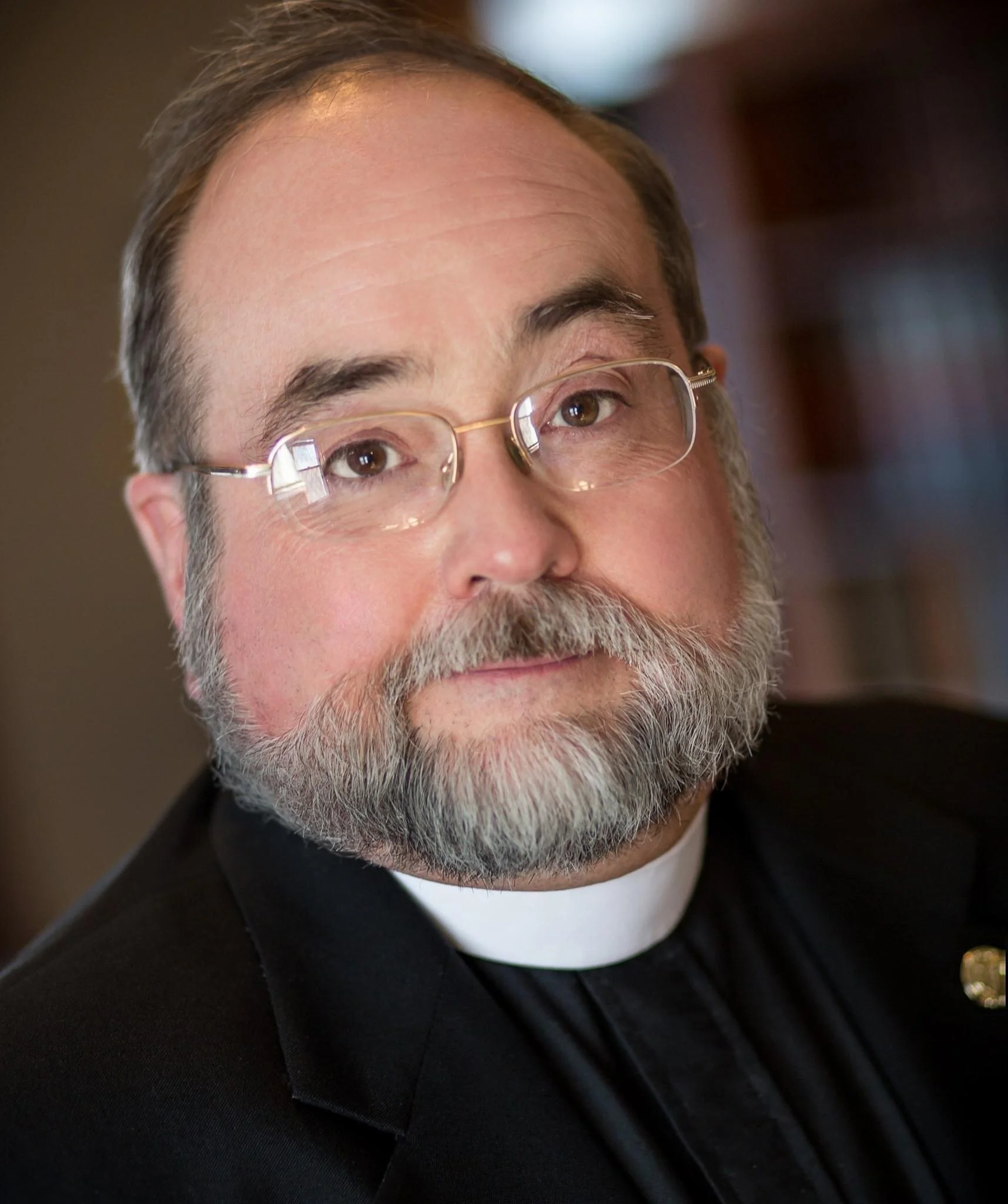
Doing the Right Thing Grows out of a Habit of Being
Paul’s words to the Churches in Galatia drew me as I read over the lessons for today. As I began to prepare I did an online search for “doing the right thing” and got 118,000,000 “hits” – I didn’t go through them all, of course. However, even looking through a few of the top hits told me that as a nation we are concerned with doing the right thing, with becoming and acting as people of integrity. I even encountered a book review for atheists and agnostics showing them that their position didn’t preclude their functioning as moral people. That’s good to know, but I still think that as believers we have a better chance of doing what is right, even when doing the wrong thing is easier.

Simplicity was the Key
By The Rev. Dr. Victor Lee Austin, Adjunct Professor of Theology at Nashotah House
Despite being outdoors, the services were slightly formal, proper, and plain. We had a booklet for the week. The booklet laid out the services. A cork bulletin board, resting against the lectern, displayed Psalm and hymn numbers. So there were no announcements about sitting, standing, nor which page to turn to. Without oral instructions, we just did what we did, simply. When I didn’t know what to do, I looked around. All was well.
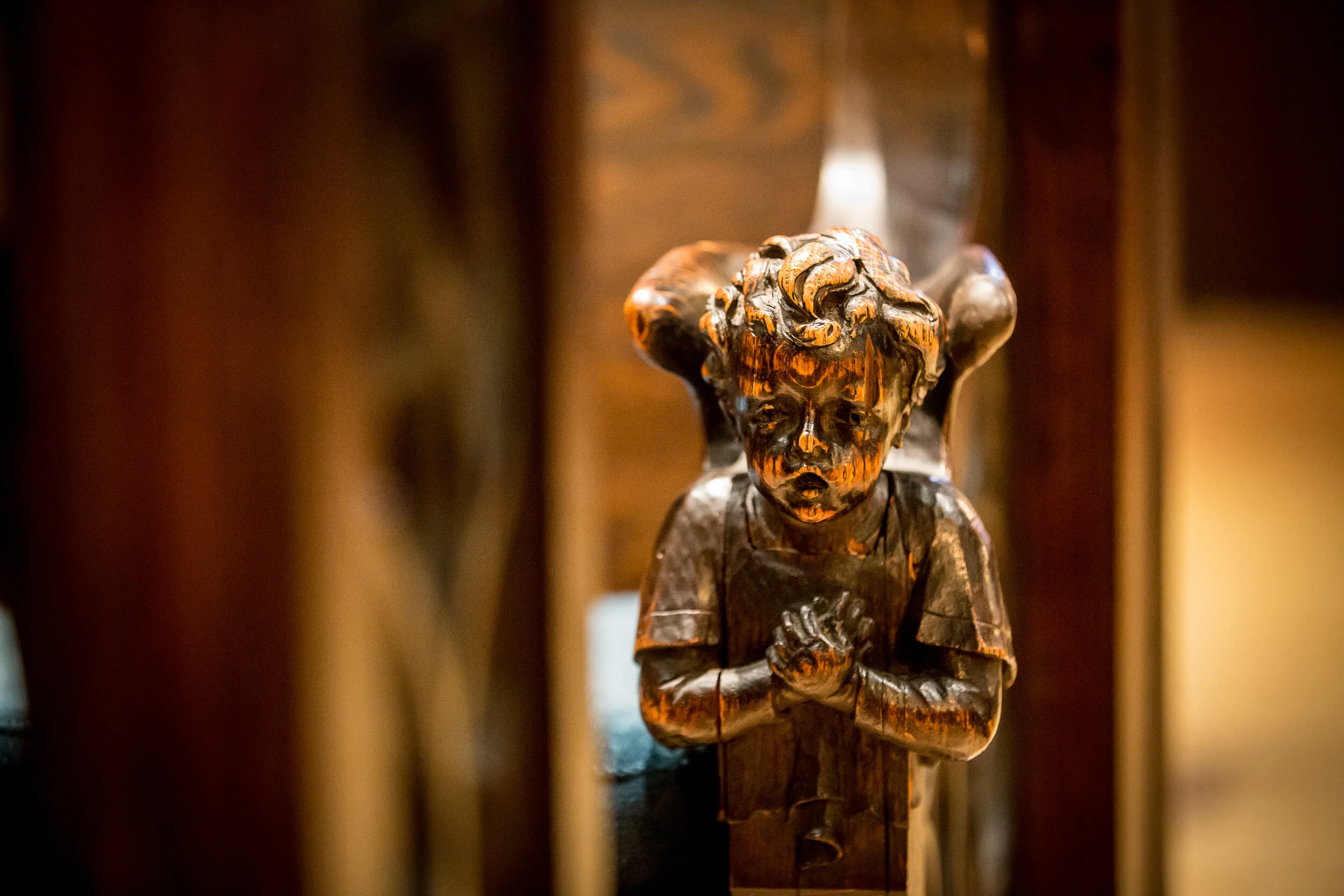
How We Start to Pivot
By The Rev. Canon Aaron Zook, ’12
We can make it something powerful and transformative. We can take this pandemic’s power to cause suffering and make of it Arma Christi. We can use that which should have destroyed us and make it a tool for Resurrection. To do so, we must continue to find new ideas and embrace our growth in any direction, trusting that God will put good fruit at the end of each vine. We must be willing to forego that which we dreamed and embrace that which we’re given. And of course, we’ll have to do a lot of praying.
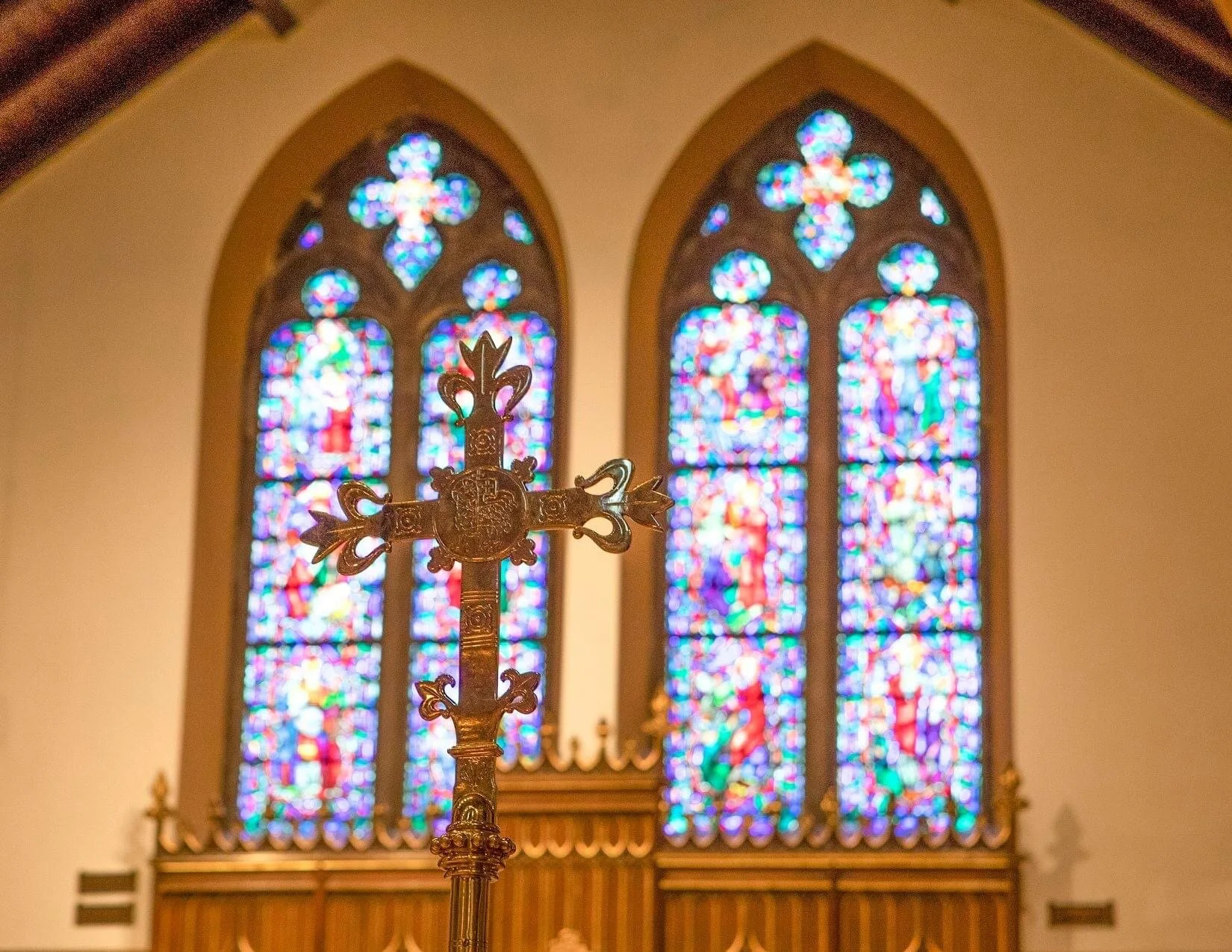
Dr. Edward A. Wallace, 1926-2020
Dr. Edward A. Wallace, former Organist and Choirmaster of the Church of St. Michael and St. George, and former University Organist of Washington University in St. Louis, died peacefully in his home on August 17, 2020. He was 94 years old and had enjoyed a career in Anglican Church Music that spanned over 60 years and included working with some of the greatest church musicians of the twentieth century in England and America. In 1995, Dr. Wallace was awarded an honorary doctoral degree from Nashotah House, in recognition of his work in liturgy and music.

Arthur Vogel: A Retrospective
Dr. Vogel’s legacy as a creative, thought provoking scholar, an advocate for the Church’s public witness and a voice of Church unity, lives on in the memories of Nashotah graduates and in the institution itself. We are grateful for Dr. Vogel’s service to the Sons and Daughters of the House.

A Chaplain’s Pandemic Lament
By The Rev. Joe Calandra, Jr., M.A., M.P.M., ‘17
Perhaps hardest hit by the impact of necessary and prudent anti-viral mitigation safeguards are residents living with Alzheimer’s/dementia and their loved ones. Despite the best efforts of staff, residents with advanced memory care issues often feel a pronounced sense of isolation because they cannot understand why they aren’t regularly seeing loved ones after formerly having unrestricted daily in-person access to them according to their own availability.
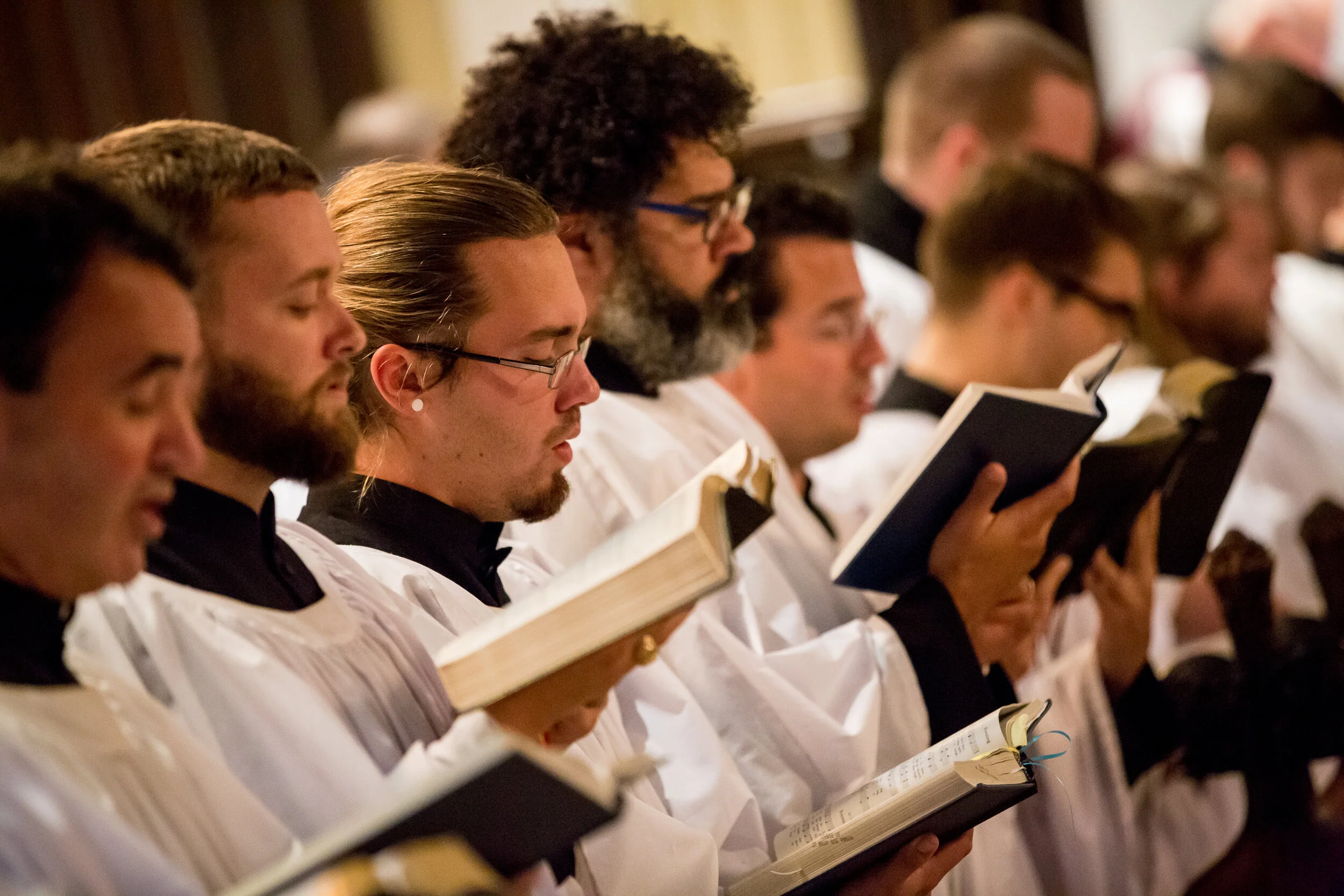
The Role of Liturgy and Music in Formation
Consortium of Endowed Episcopal Parishes (CEEP) Network Online Event
The Anglican tradition has come to be known in a particular way for its liturgical and musical heritage. In fact, it would be difficult to find someone who entered this tradition who does not identify this as one of the main features that drew them.

Pentecost, Repentance, and the Pandemic
By Ignacio Gama
Herbert Braun, a historian and professor at the University of Virginia, recently offered a constructive piece of advice. He asked his students to keep a record of their lives in the current circumstances in the form of a journal, a blog, art, poetry, or their own choice of creative expression. This time of Coronavirus is, after all, a historic moment which will be discussed and written about throughout the world in future years.

Nashotah House Member of WAICU
Founded in 1961, Wisconsin Association of Independent Colleges and Universities (WAICU) consists of private, nonprofit colleges and universities working together for educational opportunity. Comprising twenty-four independent institutions of higher learning in Wisconsin, membership is limited to accredited, nonprofit institutions, headquartered in Wisconsin. The presidents of these institutions lead WAICU as its board of directors. All of WAICU's programs support educational opportunity, affordability, and accessibility.

How is the Christian to Think about Justice?
The Rev. Clint Wilson, ‘13
Throughout the epistles of the New Testament, there is an interpretive difficulty in understanding justice and how it is fleshed out. Indeed, common hermeneutical debates, especially in Pauline studies, revolve around the difference between justice, on the one hand, and righteousness, on the other.
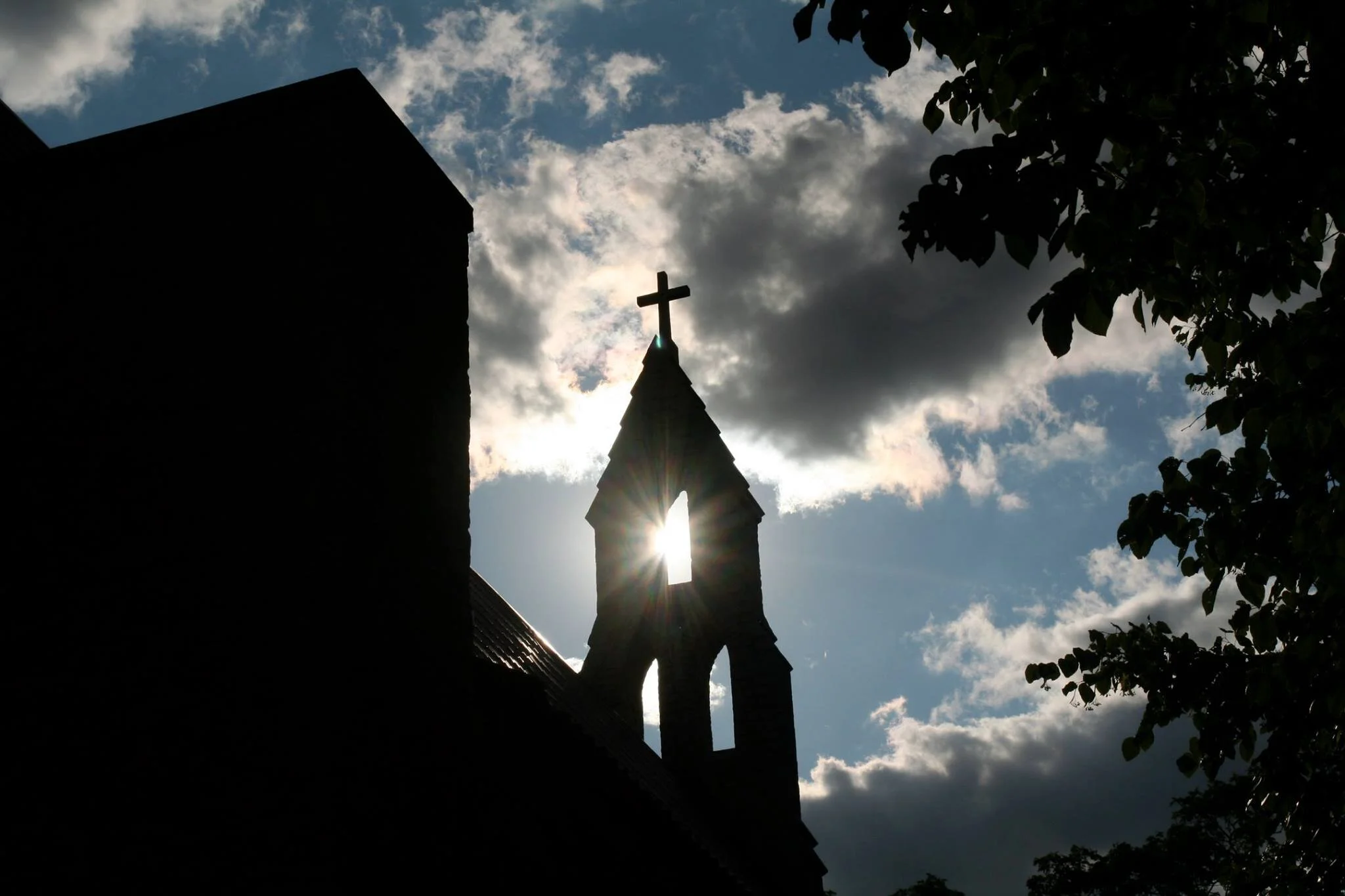
The Mission of Nashotah House Continues
A little over a year ago, Mr. Labin Duke accepted the role of Executive Vice President of Institutional Advancement at Nashotah House. Since then, he has been working alongside President and Provost, Dr. Garwood Anderson. Here's a fun Q&A session they did together reflecting on what brought them to Nashotah House and what they see for its future. Three things are clear: they share a deep love for this place, the work being accomplished, and their profound optimism for the days ahead.
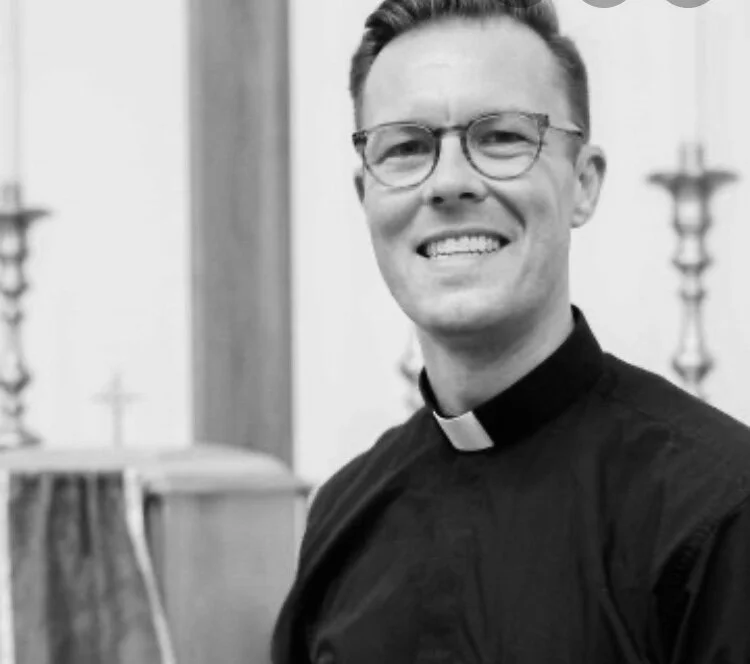
Get to Know The Rev. Paul D. Wheatley
Nashotah House welcomes New Testament professor, the Rev. Paul D. Wheatley. Fr. Wheatley has been appointed as instructor of New Testament at Nashotah House, beginning Fall semester 2020. Upon completion of his dissertation, he plans to serve as Assistant Professor of New Testament.

Anglican Social Ethics and the Search for Justice
CEEP Network Online Event
The challenges of our contemporary moment can at times appear unprecedented and overwhelming. For many Christians, the presence and perniciousness of the structures of injustice in our society have become even more apparent.

The Rev. Elizabeth Preston and The Way Station
Nashotah House loves celebrating the work of its Sons and Daughters, and so we are launching the House Highlight. This is an opportunity to learn about how the Sons and Daughters of the House are loving God and neighbor in their ministry.

Monastic Catechesis in the Parish
By The Rev. Dr. Greg Peters
Once when Abba Macarius was praying in his cell, a voice came to him, saying: ‘Macarius, you have not yet attained the stature of those two women of this city.’ The elder got up early, took his palm-wood staff and began to make the journey to the city. When he got there and identified the place, he knocked at the door. One of the women came out and invited him into the house. He sat there for a little while then the other woman came. When he invited them to approach, they did so, seating themselves beside him. The elder said to them: ‘It is on your account that I have put up with the journey and so much toil in getting here from the desert. Now, tell me about your work; what kind is it?’

Anglican Social Ethics and the Search for Justice
For many Christians, the presence and perniciousness of structures of injustice in our society have become even more apparent. Yet determining how the church can and should be engaged to challenge injustices gets complicated. In this online panel discussion, co-sponsored by Nashotah House, the Consortium of Endowed Episcopal Churches (CEEP), and the Anglican Theological Review, ethicists will explore the Anglican social ethics tradition to address these challenges.
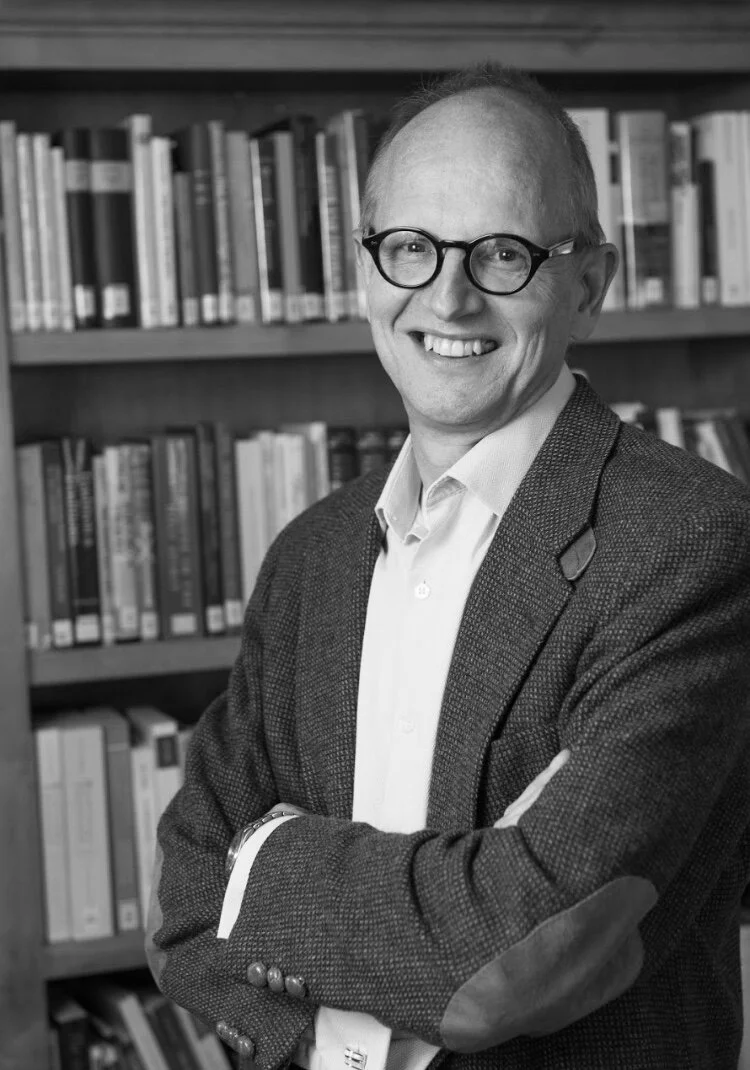
Three-legged Stool: Scripture, Tradition, Church
By Hans Boersma, Ph.D.
Distrust of tradition is in my genes. The tradition in which I grew up held unwaveringly to the sola scriptura maxim. I was convinced tradition invariably skews our understanding of the Bible. Only the careful, consistent use of the grammatical-historical method would yield the true meaning of the text.

The Psalms and Spiritual Formation
By The Rev. Travis Bott, Ph.D.
I once attended a lecture on the Psalms at a large church. Though an excellent exposition of the themes and spirituality contained within the Psalms, the lecture did not address how Christians today might appropriate the Psalms in their own lives.

Bringing the Priesthood into Corporate America
By The Rev. Greg McBrayer
The 1990s had been a very turbulent time for our airline and our industry. Many carriers were already struggling before 9/11, but after that day the struggles quickly intensified to an unhealthy, unsafe level, and there was no end in sight. That’s when I suddenly found God using me more and more pastorally in my workplace than in my church. In the very challenging months that followed, the need for a spiritual presence continued to grow, and it fed my desire to serve God in a more profound capacity.

Theology Slam Winner: Black Minds & Voices Matter
By Kristen Gunn
“It’s not about cheap diversity, but belonging,” Tanner-Ihm emphasized in his address. “Accessibility is being able to get into the building. Diversity is getting invited to the table. Inclusion is having a voice at the table. But belonging is having your voice heard at the table.”
